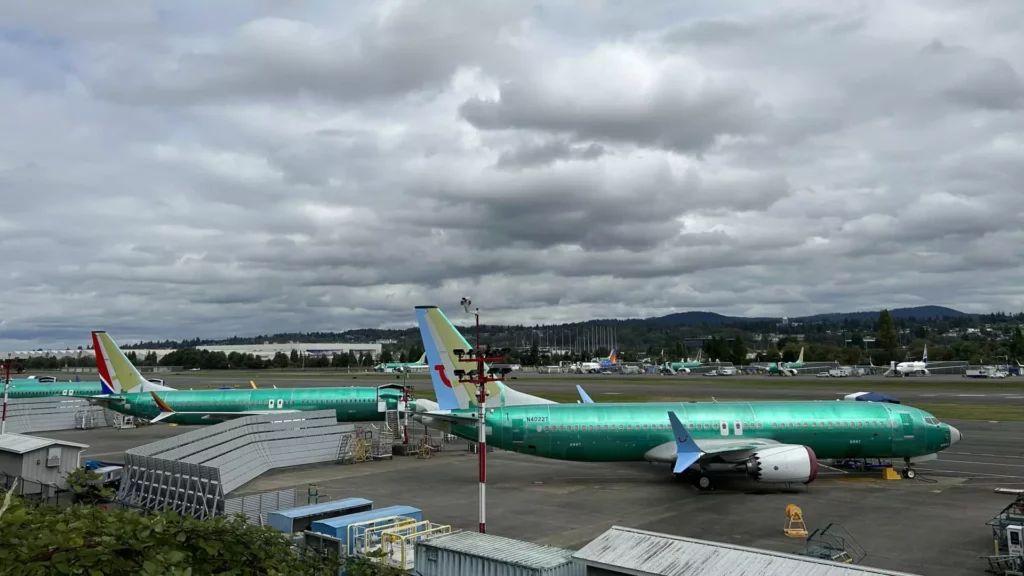In 2024, Boeing faced significant hurdles in aircraft deliveries, concluding the year with only 348 airplanes handed over to customers. This reflects a troubling decrease of approximately one-third compared to the previous year. The aerospace titan’s difficulties stemmed from a series of operational crises, notably a midair incident involving a door panel blowout and a machinist strike that disrupted production for nearly eight weeks. These events not only impacted Boeing’s immediate delivery capabilities but also hampered its overall competitive stance in the industry.
Increased Competition: The Airbus Factor
Boeing’s woes have widened the gap with its principal competitor, Airbus, which delivered 766 aircraft last year—its highest count since 2019. The stark contrast in delivery numbers underscores the intense competition in the aerospace market, particularly as both companies grapple with supply chain challenges. While Boeing’s struggles have made headlines, Airbus has adeptly navigated similar constraints, resulting in more robust production figures. The emergence of such discrepancies raises questions about Boeing’s long-term strategies and production efficiency amidst increasing external pressures.
Deliveries are crucial for aviation manufacturers because they mark the point at which customers make significant payments toward their aircraft purchases. Boeing’s limited deliveries have sparked concerns about future cash flow and profitability. Additionally, the ongoing shortage of available aircraft has led to skyrocketing lease rates, with forecasts suggesting that rental costs could hit unprecedented levels this year. According to a recent report by aviation data firm IBA, these market dynamics are indicative of a broader trend resulting from reduced supply meeting high demand, further complicating Boeing’s financial outlook.
Despite the struggling delivery figures, Boeing recorded 142 gross orders in December alone, including notable commitments from Turkey’s Pegasus Airlines and flydubai. However, it also faced cancellations, such as the removal of over 130 orders from India’s Jet Airways, which has ceased operations. This situation highlights the volatility in the aircraft order landscape, where customer intentions can shift dramatically based on market conditions. For the year, Boeing secured 569 gross orders, translating into 377 net orders after accounting for adjustments—far less than Airbus’s impressive figures of 878 gross and 826 net orders.
Looking Ahead: Investor Concerns and Production Plans
As Boeing prepares for its upcoming investor meeting on January 28, the company is under pressure to articulate a clear strategy for ramping up production and returning to profitability. Stakeholders will be keen to hear how Boeing plans to rebound from its recent setbacks and manage its existing backlog while simultaneously addressing the logistical obstacles that continue to challenge the industry. The path forward appears steep, but with focused efforts, Boeing may reclaim its footing in a highly competitive aerospace market.

